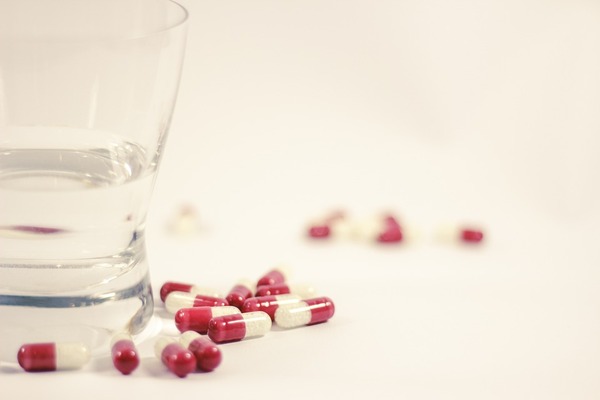If you are familiar with self-development content, then you must have heard of (Placebo), and (the placebo effect), but wondering what these are. Well, a placebo is something that appears to be a “genuine” medical treatment yet isn’t.
Just as darmowa kasa za rejestrację bez depozytu influences players, a person’s thoughts can have a significant influence on their physical health, and in certain situations, they can even aid in the healing process. Even if you don’t believe it, your brain can lead you to believe that a fictitious treatment is effective. This is called the placebo effect. Placebos can have a tremendous influence in some circumstances, mimicking the benefits of actual medicines.
Placebos can be in the form of a sugar pill or any other “false” treatment. All placebos have one thing in common: they don’t include any kind of active ingredient that can affect your health. Let us look at how placebos can act in the human system.
Hormone Reaction
One fact is that ingesting the placebo causes the release of endorphins. Endorphins are known to be natural painkillers that are structured similar to other opiate medications including morphine. Researchers were able to illustrate the placebo effect in action with the use of a simple brain scan, showing that areas with opiate receptors in high quantity reacted more in both the treatment groups and the placebo.
Condition
Connection formation or classic conditioning between two stimuli that results in a learned response is another possibility. In rare circumstances, a placebo can be combined with real treatment until the desired effect is archived. If you take the same arthritis tablet regularly to relieve aching joints, for instance, you are likely to link that drug with pain alleviation Because your mind has been programmed into believing that any placebo that is similar to your arthritis drug will relieve your pain, and as a result, get well.
Expectation
Most placebo effects are influenced by our anticipated experience. A placebo effect will occur in those who are extremely motivated and want the treatment to work. The certainty with which a physician approaches treatment can have an impact on how a patient reacts. A person is more likely to perceive benefit from taking a drug if a doctor appears to be very certain that the treatment will have the desired impact. This shows even when a person takes legitimate medicine to help an ailment, the placebo effect will occur. A person`s beliefs about the outcome of the drug can be heavily influenced by certain behavioural, verbal, and social clues.
- Behavioural – The practice of taking a medication or being injected to enable you to get well.
- Social – The doctor reassuring the patient with eye contact, body language, and speech.
- Verbal – Getting in touch with a medical professional positively discuss treatment options.
Genetics
People`s reactions towards placebos can be equally influenced by genes. Some people are likely to react to placebos against others. People who have a DNA mutation that translates to higher quantities of chemicals in the brain dopamine are more susceptible to experiencing the placebo better than those with the lower dopamine form.
Conclusion
Even though placebos can have a significant impact on how individuals feel, it’s crucial to keep in mind that it isn’t a cure. The use of placebos in medical practice without alerting patients is considered unethical care, reducing or eliminating the desired placebo effect.

